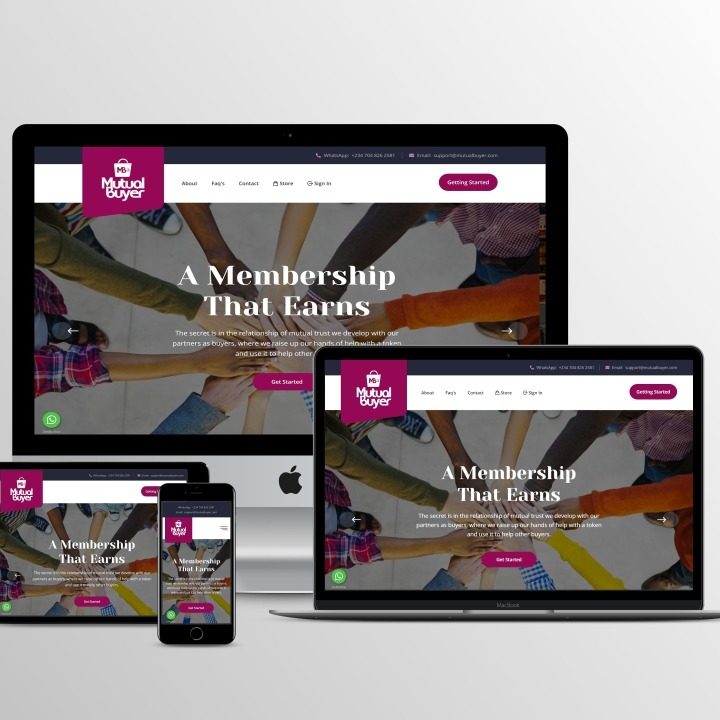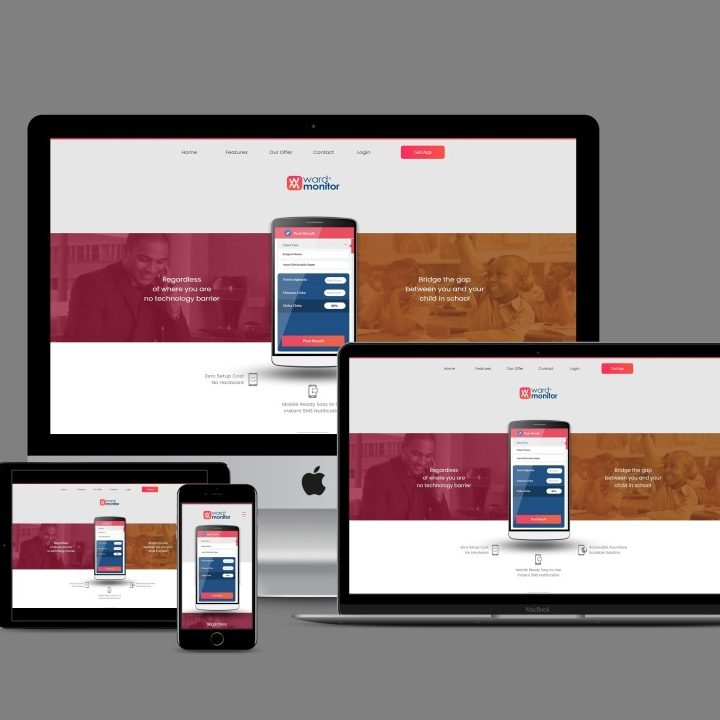Social Media Automation Using AI: The Human Touch in a Digital World
Remember the early days of social media? It felt like a wild, untamed frontier. Brands and individuals alike were just figuring out how to navigate this new landscape, often with a mix of enthusiasm and utter bewilderment. Fast forward to today, and the sheer volume of content, conversations, and platforms can feel overwhelming. It’s a constant battle for attention, a relentless demand for engagement, and let’s be honest, a significant time sink for anyone trying to maintain a meaningful online presence. For a long time, the solution seemed to be more human effort – more community managers, more content creators, more hours spent glued to screens. But what if there was a way to reclaim some of that time, to scale our efforts without losing the authentic connection that makes social media, well, social? This is where the fascinating intersection of social media automation and artificial intelligence comes into play. It’s not about replacing the human element, but rather empowering it, amplifying it, and allowing us to focus on what truly matters: building genuine relationships and crafting compelling narratives. Join me as we explore how AI is transforming social media management, not into a robotic wasteland, but into a more efficient, insightful, and ultimately, more humancentric endeavor.
Beyond Scheduling: What is Social Media Automation, Really?
When most people hear “social media automation,” their minds often jump straight to scheduling tools. And, to be fair, that’s where it all began. Tools that let you pre-plan your posts, set them to go live at optimal times, and then step away from the keyboard were revolutionary. They freed up countless hours for marketers, small business owners, and even casual users. But that’s just the tip of the iceberg. Modern social media automation, especially when infused with artificial intelligence, is a far more sophisticated beast. It’s about streamlining repetitive tasks, yes, but it’s also about gaining insights, personalizing interactions, and even predicting trends.
Think of it this way: traditional automation is like a well-oiled machine that executes predefined commands with precision. You tell it what to do, and it does it, flawlessly. AI, however, introduces a layer of intelligence to that machine. It’s no longer just following instructions; it’s learning, adapting, and even making recommendations. This is the fundamental shift. Instead of simply posting your pre-written tweet, AI-powered automation can analyze sentiment, identify trending topics, suggest optimal hashtags, and even generate variations of your content tailored to different platforms or audience segments. It’s the difference between a simple alarm clock and a smart assistant that understands your routine and proactively helps you manage your day. This evolution means we’re moving from mere efficiency to strategic advantage, transforming the mundane into the meaningful, and allowing us to engage with our audiences in ways that were once only dreamed of.
Where AI Shines: Practical Applications in Social Media Automation
The theoretical benefits of AI in social media automation are compelling, but where does the rubber meet the road? Let’s dive into some tangible ways artificial intelligence is already reshaping how we manage our digital presence, making our efforts more impactful and less burdensome.
3.1. Content Creation and Curation: Beyond the Blank Page
For many, the biggest hurdle in social media is the constant need for fresh, engaging content. AI is stepping in to be a powerful co-pilot, not a replacement, in this creative journey. Imagine an AI that analyzes your past successful posts, understands your brand voice, and then suggests topics, headlines, or even drafts entire social media updates. It can pull relevant statistics, identify trending keywords, and even generate image captions that resonate with your audience. This isn’t about AI writing your entire blog post (though it can certainly help with outlines and initial drafts), but rather about it providing creative sparks, overcoming writer’s block, and ensuring a consistent flow of ideas. Furthermore, AI excels at content curation. It can sift through mountains of information, identify relevant articles, news, or user-generated content, and then present it to you, ready for sharing. This means you’re always providing value to your audience, even when you’re not creating original content from scratch.
3.2. Audience Analysis and Personalization: Knowing Your Tribe
One of the most profound impacts of AI on social media is its ability to understand audiences at a granular level. Forget generic demographic data; AI can analyze sentiment, identify psychographic traits, and even predict user behavior. By processing vast amounts of conversational data, AI can discern what your audience truly cares about, what language resonates with them, and even when they are most receptive to your messages. This deep understanding allows for unprecedented personalization. Instead of broadcasting a single message to everyone, AI can help tailor content, tone, and even delivery times to individual segments or even individual users. This leads to higher engagement rates, stronger connections, and ultimately, more effective social media campaigns. It’s like having a super-powered focus group running 24/7, constantly providing insights into the hearts and minds of your followers.
3.3. Customer Service and Engagement: Always On, Always Learning
Social media has become a primary channel for customer service, but the sheer volume of inquiries can be overwhelming. AI-powered chatbots and virtual assistants are revolutionizing this space. These intelligent agents can handle routine queries, provide instant answers to FAQs, and even guide users through troubleshooting steps. This frees up human customer service representatives to focus on more complex or sensitive issues, ensuring a better experience for everyone. Beyond direct customer service, AI can monitor social media for mentions of your brand, products, or relevant keywords, alerting you to potential crises or opportunities for engagement. It can even analyze the sentiment of these mentions, allowing for proactive responses. This means you’re not just reacting to conversations; you’re actively participating in them, building brand loyalty and trust around the clock. It’s about being present and responsive, even when you’re not physically there.
The Unseen Advantages: Why AI-Powered Automation is a Game Changer
Beyond the immediate practical applications, the integration of AI into social media automation unlocks a cascade of benefits that can fundamentally transform how businesses and individuals approach their online presence. It’s not just about doing things faster; it’s about doing them smarter, with a depth of insight and a level of precision that was previously unattainable. These unseen advantages are where the true power of AI lies, turning social media from a reactive chore into a proactive engine for growth and connection.
4.1. Unprecedented Efficiency and Resource Optimization
Let’s face it: managing social media manually is incredibly time-consuming. From crafting posts and scheduling them, to monitoring conversations and analyzing performance, the hours add up quickly. AI steps in as a force multiplier, taking on the most repetitive and data-intensive tasks. Imagine the time saved when an AI can automatically identify the best times to post, suggest relevant content, or even draft initial responses to common inquiries. This newfound efficiency isn’t just about cutting costs; it’s about reallocating valuable human resources. Instead of spending hours on mundane tasks, your team can now focus on high-value activities: developing creative campaigns, engaging in meaningful one-on-one conversations, building strategic partnerships, and innovating. It’s about empowering humans to be more human, leveraging their creativity and strategic thinking, while AI handles the heavy lifting of data processing and routine execution. This optimization leads to a leaner, more agile social media operation that can respond to trends and opportunities with unprecedented speed.
4.2. Data-Driven Insights and Strategic Precision
One of the most compelling benefits of AI in social media is its unparalleled ability to process and derive insights from vast datasets. Human analysts, no matter how skilled, are limited by their capacity to sift through the sheer volume of social media data. AI, however, can analyze millions of data points – from engagement rates and sentiment analysis to trending topics and competitor activities – in mere seconds. This allows for a level of strategic precision that was once unimaginable. AI can identify subtle patterns in audience behavior, predict future trends, and even pinpoint the exact content types and messaging that resonate most effectively with specific segments. This isn’t just about knowing what happened; it’s about understanding why it happened and what to do next. With AI-driven insights, social media strategies become less about guesswork and more about informed, data-backed decisions, leading to significantly improved ROI and a clearer path to achieving your social media goals.
4.3. Enhanced Personalization and Authentic Engagement at Scale
In an increasingly noisy digital world, personalization is no longer a luxury; it’s a necessity. Audiences crave authentic connections and messages that speak directly to them. The challenge, of course, is delivering this personalization at scale. This is where AI truly shines. By analyzing individual user preferences, past interactions, and behavioral patterns, AI can help tailor content, recommendations, and even conversational responses to create a highly personalized experience. Imagine a brand that can automatically suggest products based on a user’s recent social media activity, or a customer service bot that remembers previous interactions and provides context aware support. This level of personalization fosters deeper engagement, builds stronger brand loyalty, and transforms fleeting interactions into lasting relationships. It allows businesses to maintain a human touch, even as their audience grows exponentially, ensuring that every interaction feels meaningful and relevant to the individual. It’s about making each person feel seen and heard, even in a crowd of millions.
The Road Ahead: Challenges and Ethical Considerations
While the promise of AI in social media automation is immense, it would be naive to ignore the challenges and ethical considerations that come with such powerful technology. As with any tool, its impact is largely determined by how we wield it. Navigating this landscape requires not just technological prowess, but also a deep sense of responsibility and a commitment to human values. It’s a tightrope walk, balancing efficiency with authenticity, and innovation with integrity.
5.1. The Peril of Losing the Human Touch: A Fine Line to Walk
The very goal of using AI to create human-like content and interactions presents a paradox: how do we automate without dehumanizing? There’s a genuine concern that over-reliance on AI could lead to a sterile, impersonal online environment. If every brand, every influencer, and eventually, every individual uses AI to craft their messages, will social media become a cacophony of perfectly optimized, yet utterly soulless, content? The risk is that we might inadvertently erode the very authenticity that makes social media valuable. The challenge lies in using AI as an enhancement to human creativity and connection, not a replacement. It means consciously deciding where the human element is non-negotiable – perhaps in direct customer conflict resolution, or in crafting deeply personal narratives – and where AI can truly augment our efforts without diluting our essence. It’s about maintaining a delicate balance, ensuring that the efficiency gained doesn’t come at the cost of genuine human connection.
5.2. Bias, Transparency, and Accountability: The AI Black Box
AI systems are only as unbiased as the data they are trained on. If the training data reflects societal biases, then the AI will inevitably perpetuate and even amplify those biases in its outputs. This is a significant ethical concern in social media, where AI might inadvertently promote discriminatory content, misrepresent certain demographics, or even silence marginalized voices. Furthermore, the “black box” nature of many AI algorithms makes it difficult to understand why certain decisions are made or how specific content is generated. This lack of transparency can lead to issues of accountability. Who is responsible when an AI-generated post causes offense or spreads misinformation? Is it the developer, the user, or the AI itself? Addressing these issues requires rigorous testing for bias, developing more transparent AI models, and establishing clear ethical guidelines and legal frameworks for AI deployment in social media. It’s about building AI that is not just intelligent, but also fair, accountable, and aligned with our values.
5.3. Data Privacy and Security: The Double-Edged Sword
AI thrives on data. The more data it has, the more accurate and effective it becomes. However, the collection and processing of vast amounts of user data for social media automation raise significant privacy concerns. How is this data being collected, stored, and used? Are users fully aware and consenting to this? The potential for data breaches, misuse of personal information, or even surveillance is a serious threat. Companies deploying AI in social media must adhere to stringent data protection regulations (like GDPR and CCPA) and prioritize user privacy. This means implementing robust security measures, anonymizing data where possible, and being transparent with users about data practices. It’s about leveraging the power of data for personalization and insight, without compromising the fundamental right to privacy and security. The trust of the user base is paramount, and any perceived breach can have devastating consequences or a brand or platform.
Conclusion: The Future is a Human-AI Partnership
The journey into social media automation, supercharged by artificial intelligence, is not merely a technological evolution; it’s a redefinition of how we connect, communicate, and build communities in the digital realm. We’ve moved far beyond simple scheduling, entering an era where AI can assist in content creation, deeply understand our audiences, and even enhance customer service, all while optimizing our resources.
Previous Post: Truth Social, Programming Languages That Built It







